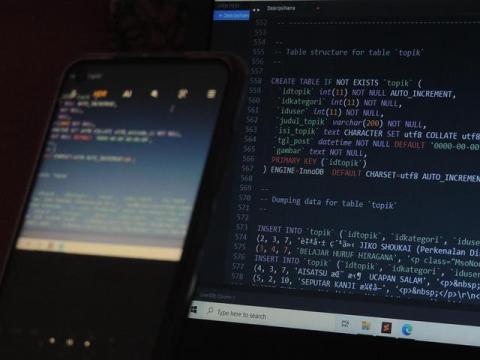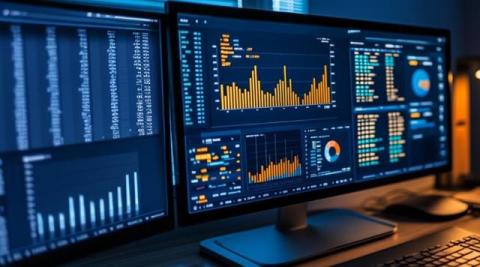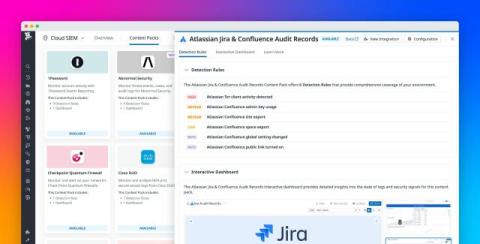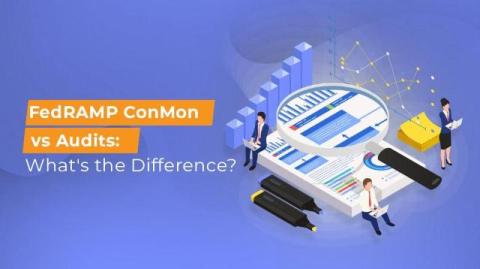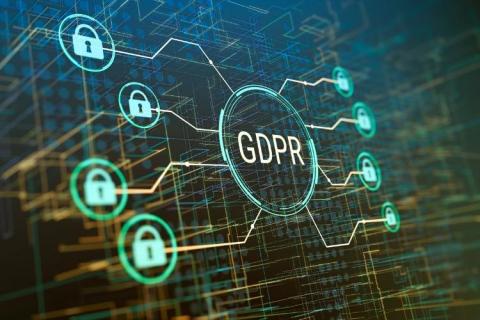SQL Server Audit: Expert tips and best practices
The database is the backbone of any organization. It stores confidential information, financial records and other sensitive data. That is why security of a database should always be a number one priority. One of the ways to make your database meet the security requirements is to conduct thedatabase audit. In this piece we will have a closer look at database audit types, provide expert tips to make this process smooth and decide whether the database migration is an optimal way out of solving database issues. Without further ado, let's begin.


